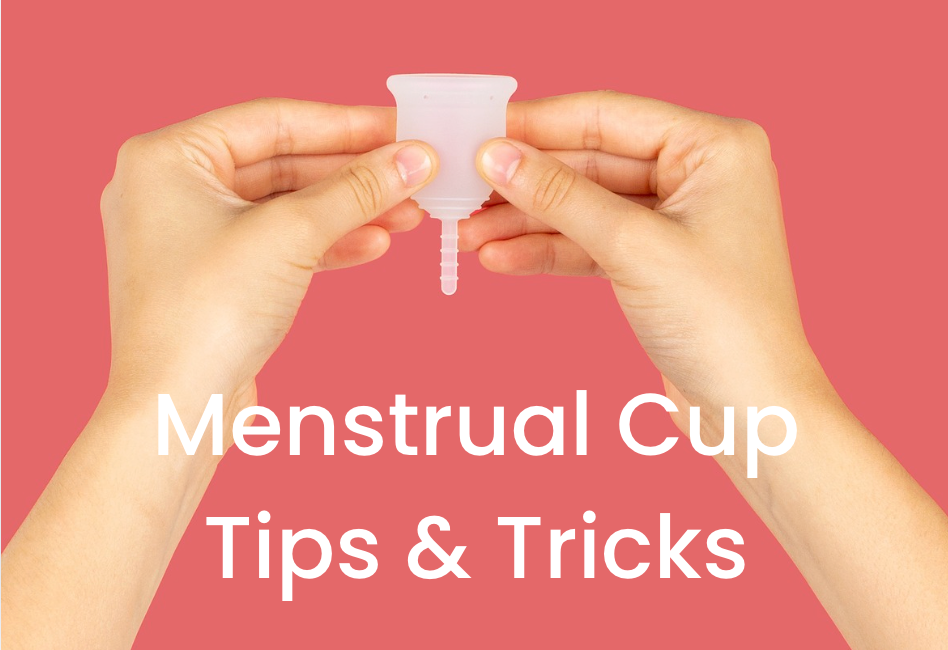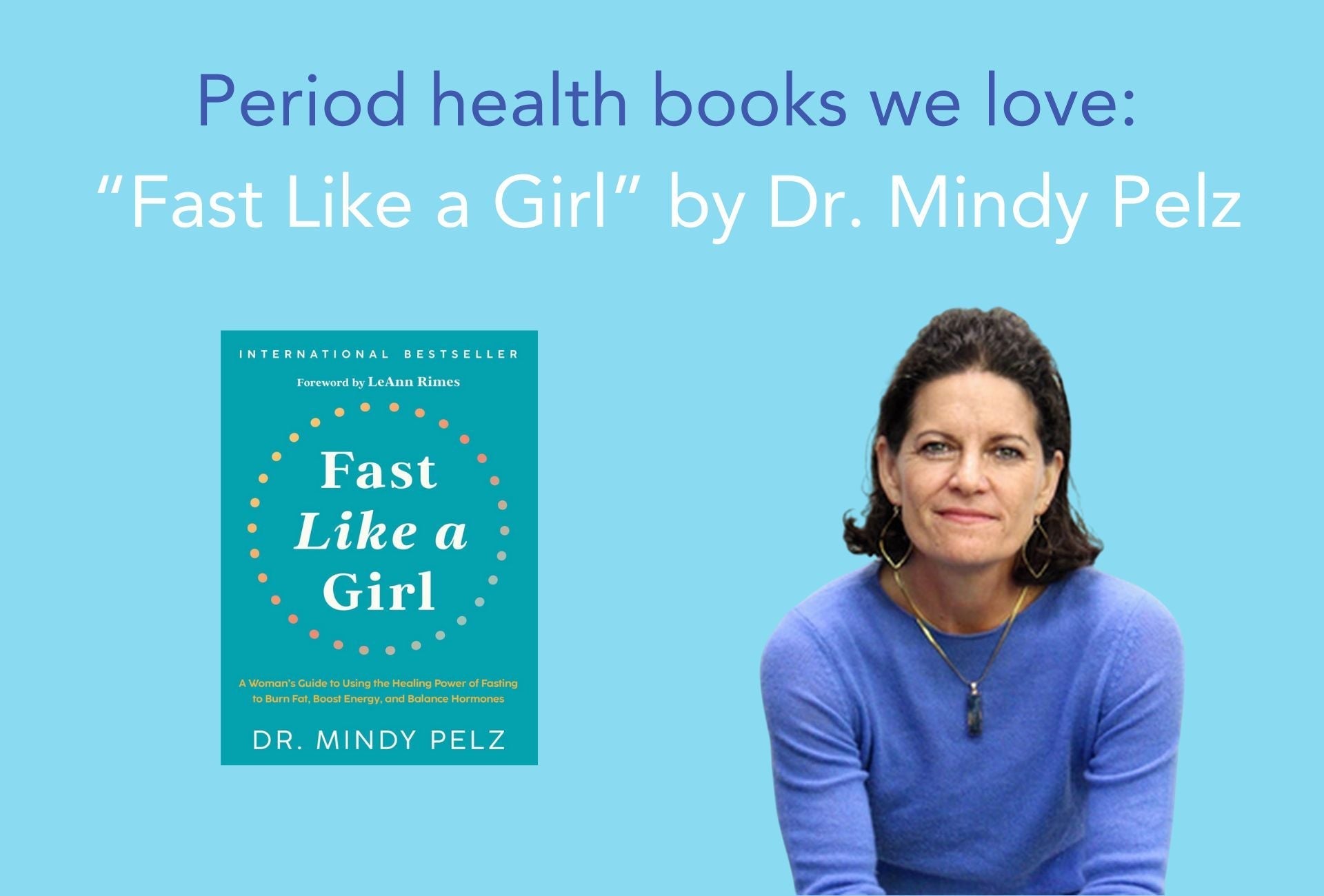Understanding Your Menstrual Cycle

1. Menstrual Phase
Duration: Usually 3-7 days.
What’s Happening: This phase starts on the first day of your period. During this time, your body sheds the lining of the uterus, resulting in menstrual bleeding. Hormone levels of estrogen and progesterone are low, which triggers the start of your period.
How You Might Feel:
- Cramping due to the uterus contracting to shed its lining.
- Tired or more emotional than usual.
- Sore breasts or a bloated belly.
2. Follicular Phase
Duration: About 10-14 days, starting from the first day of your period and continuing until ovulation.
What’s Happening: Your body starts preparing for a potential pregnancy again. The pituitary gland releases a hormone called FSH (follicle-stimulating hormone), which encourages the ovaries to produce around 5 to 20 tiny nodules (follicles). Each follicle contains an immature egg. Estrogen levels begin to rise, making the uterine lining thick and lush for a possible pregnancy.
How You Might Feel:
- More energetic and upbeat.
- Clearer skin and a brighter mood.
- Occasionally, some mild cramps.
3. Ovulation Phase
Duration: Roughly 24-48 hours.
What’s Happening: Midway through your cycle, a surge in luteinizing hormone (LH) triggers the release of a mature egg from one of the ovaries. This is called ovulation. The egg travels down the fallopian tube, where it can meet sperm and be fertilized.
How You Might Feel:
- A slight increase in your basal body temperature.
- Clear, stretchy cervical mucus (like raw egg whites).
- Some women feel a brief, sharp pain on one side of their lower abdomen (known as mittelschmerz).
4. Luteal Phase
Duration: About 14 days.
What’s Happening: After ovulation, the empty follicle transforms into the corpus luteum, which starts producing progesterone. This hormone keeps the uterine lining thick and ready for a fertilized egg to implant. If pregnancy doesn’t occur, the corpus luteum shrinks, leading to a drop in progesterone and estrogen. This drop causes the uterine lining to shed, starting your next period.
How You Might Feel:
- Premenstrual symptoms (PMS) like mood swings, bloating, and irritability.
- Breast tenderness and feeling more tired.
- Food cravings and changes in appetite.
Understanding your menstrual cycle can make a big difference in how you manage your health. By knowing what’s normal for your body, you can better recognize any unusual symptoms and seek advice if needed. Plus, it’s empowering to know what’s going on inside your body each month!
Feel free to explore more about your menstrual cycle and how to take care of your health during each phase. Remember, knowledge is power.



